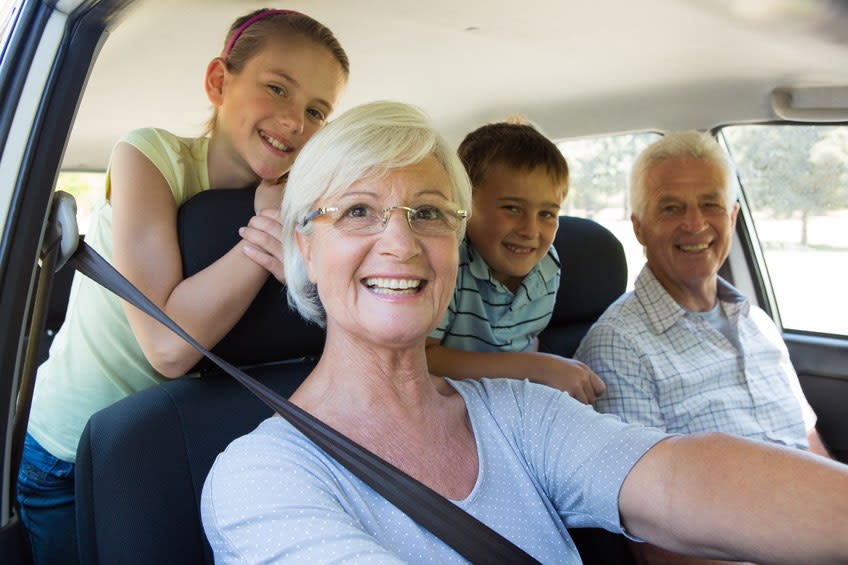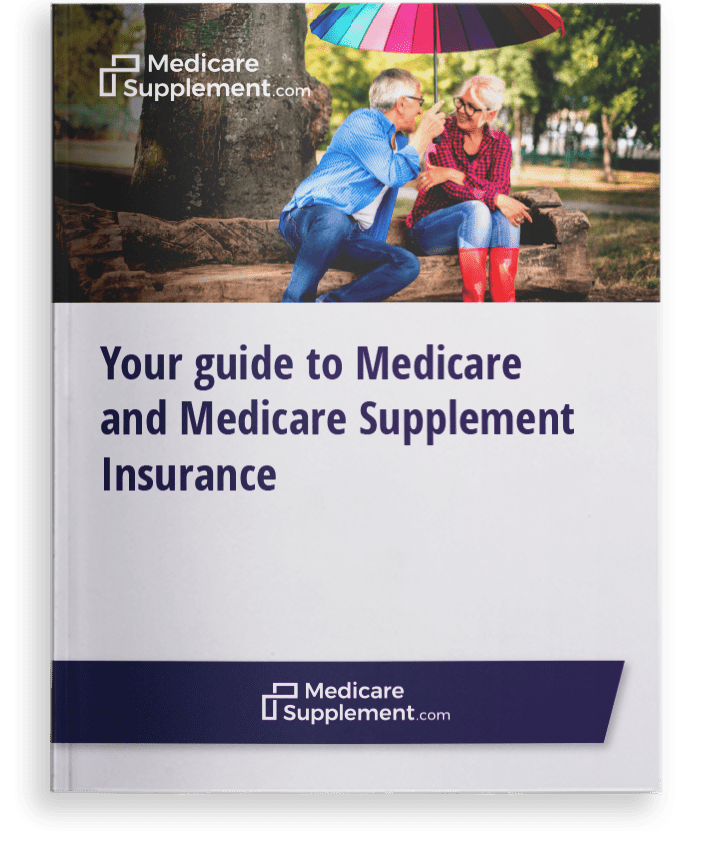Health
Safety Awareness For Seniors
The world becomes a little more of a dangerous place the older you get. As your balance, strength, hearing and vision begin to diminish, the number of threats to your personal safety rises.
June is National Safety Month, but senior adults can benefit year-round from some basic safety tips. Whether you’re in the comfort of your own home, driving around town or outside in the elements, there are plenty of things you can do to decrease the risk of injury, illness or worse.

The Risk of Slips and Falls
Falls are the leading cause of both fatal and non-fatal injuries in older adults. But many of these falls can be prevented.
- Linoleum, tile and hardwood floors can be slippery, and thick carpeting can snag a cane or walker and lead to a fall. Short carpeting is often best for seniors.
- Any ramps that have replaced stairs should feature a nonslip surface and not be too steep.
- Walkways and floors should be kept free of clutter.
- Handrails on stairways should be strong enough to support the full weight of an adult.
- Rugs, doormats and runners should be secured to the floor with double-sided sticky tape or rubber matting.
- Use nightlights in the bedroom, hallway and bathroom.
- Handrails should be installed in the shower/bathtub and along the sides of the toilet.
Consider using a medical alert device.
Weather Safety
Snow, ice, rain, wind and extreme temperatures can be dangerous to anyone, especially older adults.
- Keep a corded phone in the home. Cordless phones may not work if the electricity goes out, and cellular phones may not work if a cell tower is damaged by a storm.
- Keep at least a week’s supply of non-perishable food on hand.
- Shoveling snow is more dangerous for older adults than many people may realize. The act of shoveling increases your heart rate and blood pressure, while the cold air constricts blood vessels and slows oxygen to the heart. This combination sets up an increased risk of a heart attack.
- Older adults can be at an increased risk for frostbite as blood circulation slows. Cover up all parts of the body when going outside in extreme cold, and watch for skin that appears white in color, waxy in texture or goes numb.
- Salt porches, steps and driveways prior to a snow or ice precipitation.
- If you use a cane, consider an icepick attachment.
- Dehydration poses a serious threat to seniors. Use large cups of water to limit the number of times you have to get up to refill it and maintain steady drinking throughout the day. Limit caffeine and alcohol intake.
Compare Medigap plans in your area.
Find a planOr call now to speak with a licensed insurance agent:
1-800-995-4219
Home Security for Elderly
Seniors can be popular targets for burglars and there are some things older homeowners should do to protect themselves and their property.
- Always keep the door locked, no matter how safe the neighborhood may be.
- Never keep keys under doormats or hidden in plants. Entrust a family member or close neighbor with a spare key instead.
- Make sure the front door has a peephole. While decorative glass looks nice, it does not offer the same level of privacy and security as a peephole.
- Consider investing in a home security system or sensor lighting.
Driving Safely as an Older Adult
Seniors are second only to teens among the age groups with the highest number of traffic deaths per mile driven, despite driving far fewer miles than teens. Driving allows older adults to maintain their independence, but also puts them (and others) at risk.
- Avoid driving at night and during inclement weather.
- Avoid driving during rush hour or other high-traffic times.
- Read medication labels carefully or talk to your doctor to learn when it is and isn’t safe to drive under certain medications.
- Limit trips to familiar streets and places close to home.
Compare Medigap plans in your area.
Find a planOr call now to speak with a licensed insurance agent:
1-800-995-4219
General Home Safety Tips for Elderly
Home safety for the elderly may seem straight forward. But the average house is actually filled with threats and dangerous hazards.
- Heavier kitchen items like pots, pans and appliances should be stored on the lowest shelves.
- Keep phone numbers for the local police and fire department next to the phone.
- At least one smoke detector should be present on every floor of the home and should be tested at least once a month. Batteries should be replaced at least twice a year.
- Use clear and brightly-colored labels to mark “on” and “off” and “cold” and “hot” functions on appliances and faucets.
- Make sure space heaters remain at least three feet from any piece of furniture, rug or curtain.
Keep these tips in mind to lower your risk for injuries and accidents while increasing your overall well-being.
For more information on how to stay safe later in life, check out these informative guides:
----------
Sources:
National Safety Council: http://www.nsc.org/act/events/Pages/national-safety-month
National Council on Aging: https://www.ncoa.org/news/resources-for-reporters/get-the-facts/falls-prevention-facts/
Weather.com: https://weather.com/safety/winter/news/dangers-of-snow-shoveling
Baltimore Sun: http://www.baltimoresun.com/health/blog/bs-hs-expert-elderly-dehydration
AAA: http://seniordriving.aaa.com/resources-family-friends/conversations-about-driving/facts-research/
Chicago Tribune: http://www.chicagotribune.com/lifestyles/health/sc-hlth-0617-household-harms
U.S. Fore Administration: https://www.usfa.fema.gov/prevention/outreach/smoke_alarms

Get a Free Medicare Guide!
Enter your email address and get a free guide to Medicare and Medicare Supplement Insurance, as well as important Medicare news and tips. We promise to never send you spam – just helpful content!
By clicking "Get your guide" you are agreeing to receive emails from MedicareSupplement.com.

